3 No-nonsense Tips To Have A Successful Garden
As an Amazon Associate and member of other affiliate programs, I earn from qualifying purchases.
The other day I had a friend tell me she’d never had success at gardening and wished she could be as good at growing things as I am. It took me by surprise. I had never considered gardening something I’m particularly good at doing. Obsessed with it. Yes. But good at it?
My plants die all the time. Not all of them, obviously, but I lose some every year. By the end of the season, my garden starts to look a hot mess.
And on the farm…the weeds! Oh my gosh the weeds! If we miss more than a couple days of weeding, it can be hard to find our scraggly late summer tomato plants amongst them.
The reality is that I don’t really do anything special in the way that I garden.
So what’s at the heart of my gardening success then?
For one thing, I care a lot about my plants. When we start seeds, we check on them daily. And in the springtime, I don’t just stick some plants in the garden and come back in a few weeks to harvest veggies.
I actually have an emotional attachment to my plants. When they look happy and healthy, I feel happy. When they look sad, I worry and try to help them.
The best way to care for your plants is to spend some time with them.
Getting up close and personal with your plants is the best way to make sure you spot problems before they get out of control.
That all sounds simple enough, but it definitely helps that I have a few years of gardening under my belt. Each year I am more comfortable in my garden. I’m good at gardening only because I do it. I keep at it every year, and I continue to learn how I can keep my plants healthy.
Care about your plants and make time to observe them and ensure they have what they need.
But you’ve gotta have some success to want to keep doing it right?
Follow these easy tips for a successful garden.
Tip 1: Place your plants somewhere you will see them every day.
If you are just beginning, or are constrained by space, try your hand at gardening with some herbs in your windowsill or flowers on the front porch.
Choose your location wisely. If, for example, your back deck gets a lot of sun and would be a great place to garden, but you don’t have the habit of going out there every day, it will be easy to forget or neglect your plants.
Find another area where you can place some containers to grow your favorite herbs or veggies. If you have to walk past them every day, it’s hard not to notice if they need water or are covered with pests.
Tip 2: Take time every day to observe your plants
Once you have the plants right in front of you every day, take the time to really stop and look at them.
Observe their growing habit. Are they perky and bright green? If not they might need water or fertilizer.
Are they overcrowded or being suffocated by weeds? It is perfectly acceptable to pull out some plants if needed. And do not hesitate to remove weeds as you see them.
Overcrowded plants will not produce well. When pulling out plants or weeds by the roots, be careful not to disturb the roots of your plants too much. Using weeding tools that just scrape the surface may be more appropriate.
Do you see any pests or holes in the leaves? Pluck and squish any bugs or caterpillars you see. Apply organic insecticidal soap or spinosad if necessary.
If you see holes or chewed edges, check the stems and undersides of the leaves for caterpillars and beetles.
Hornworms can be difficult to spot but are the most likely culprit if you see your tomato has lost all its leaves. Look closely and you’ll probably find a big, fat, happy hornworm like this one! Once you find him, remove and squish.
Tip 3: Troubleshoot problems quickly
If your plants begin to look unhealthy, act quickly to address the source of the problem.
Check these four things first:
-
Look for pests and remove or treat as needed.
-
Make sure they have adequate water. Try to apply water at the base of your plants as opposed to sprinkling over the plant and leaves.
-
Pull or cut back any weeds that are crowding your plants.
-
Apply liquid fertilizer. Liquid organic fertilizer is the best and quickest way to feed your plants.
Even if you do nothing else, addressing these four issues should take care of most problems. Beyond the four listed concerns, plants can be affected by bacterial, viral, and fungal diseases.
If none of the above work, you can try applying copper fungicide to your plants, but often infected plants will need to be removed and sent to the landfill.
The love of gardening is the key to gardening success.
You have to love your plants and care for them. If they are showing signs of stress. Do something. At least try.
Don’t worry about what dies or didn’t work, learn from it. I promise they won’t all be failures. If you want to have a successful garden, you just have to grow something. The only way to fail is to stop trying.


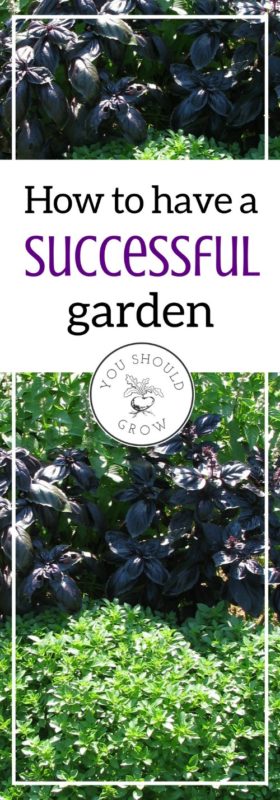

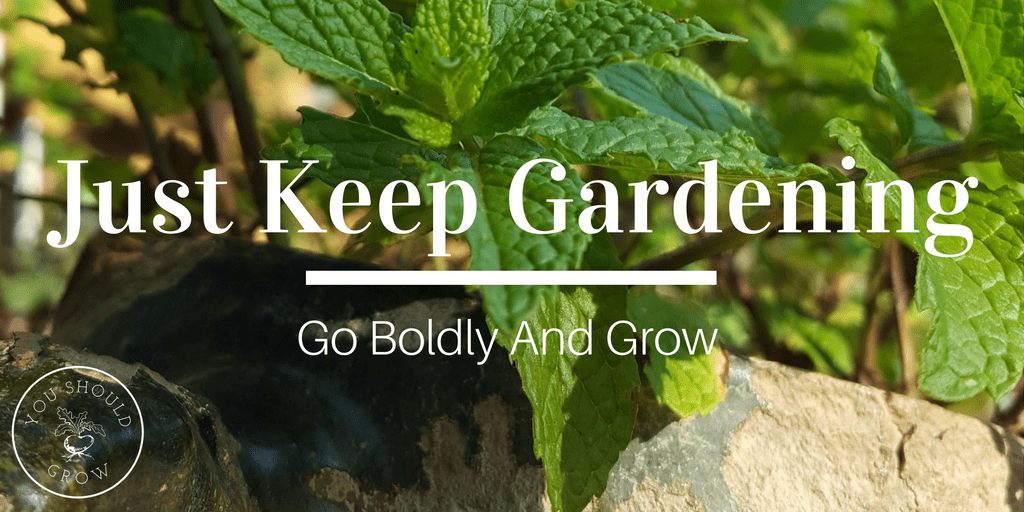
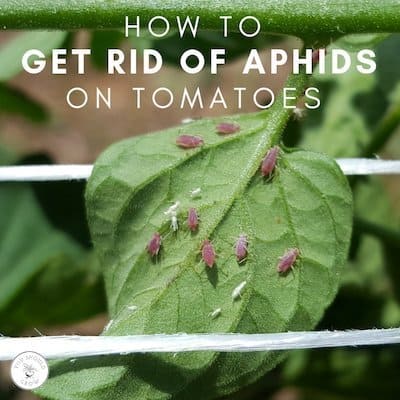
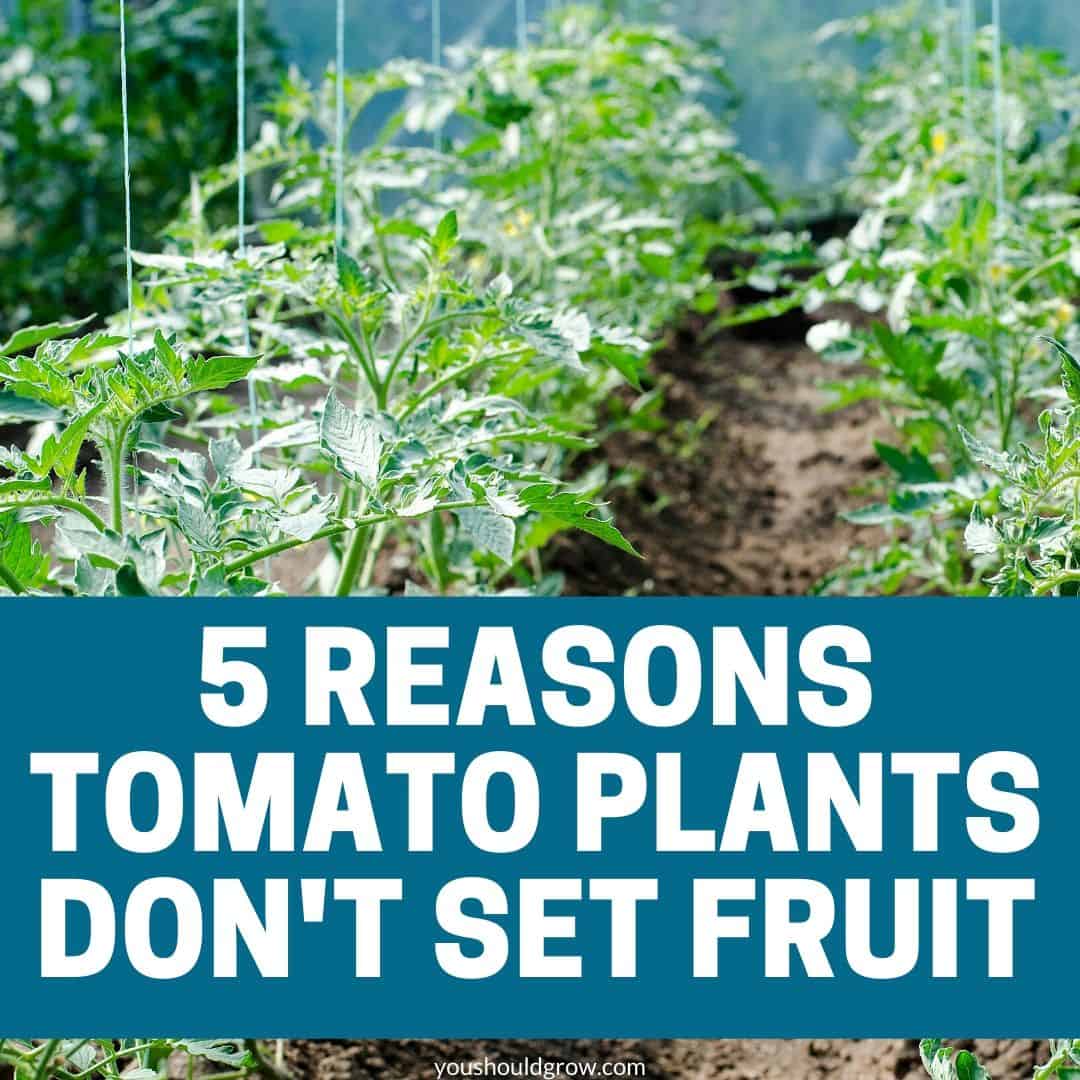
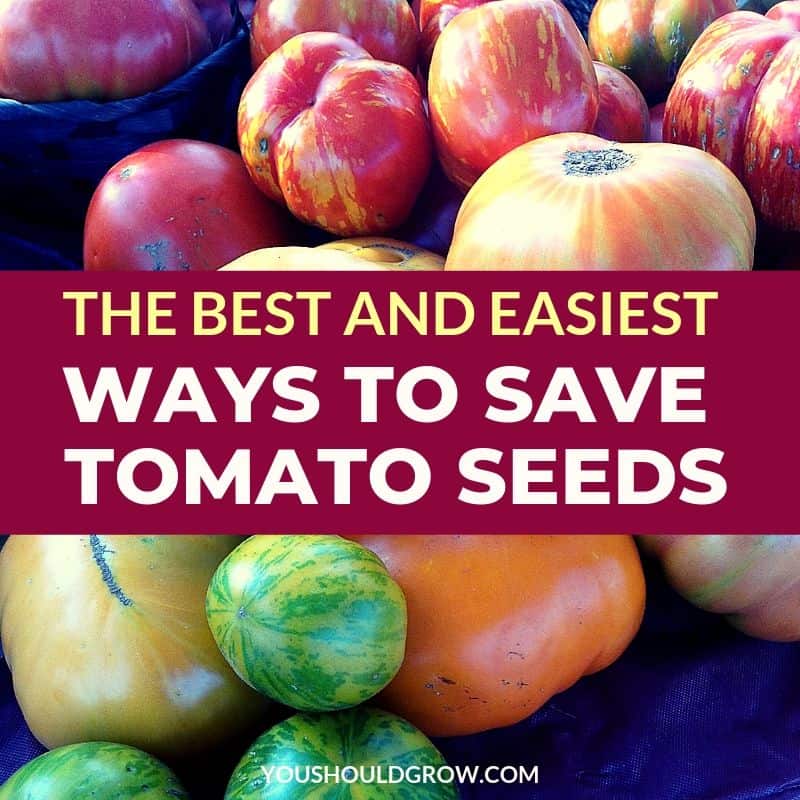
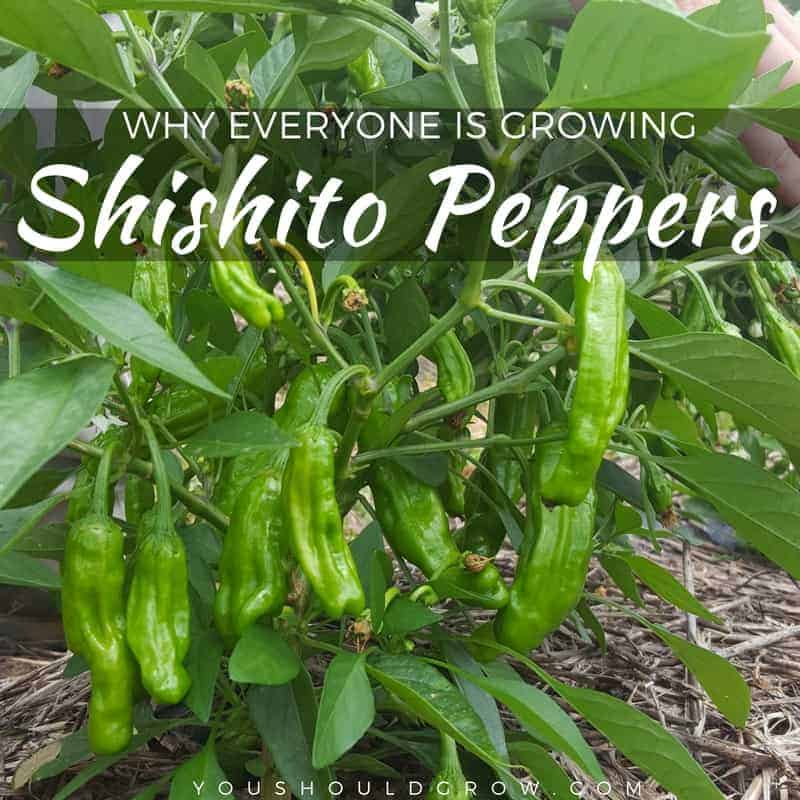
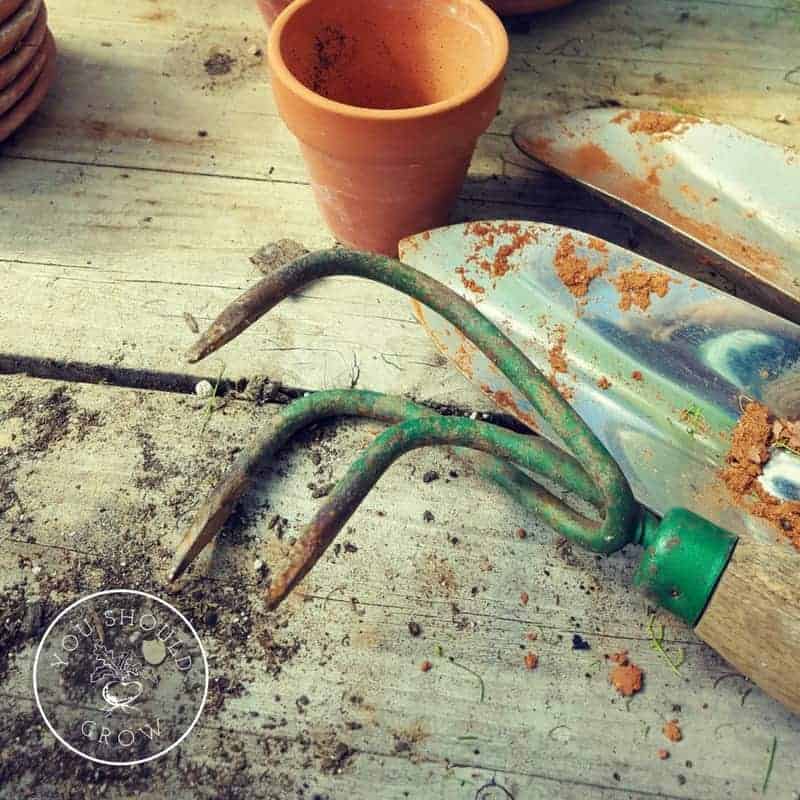
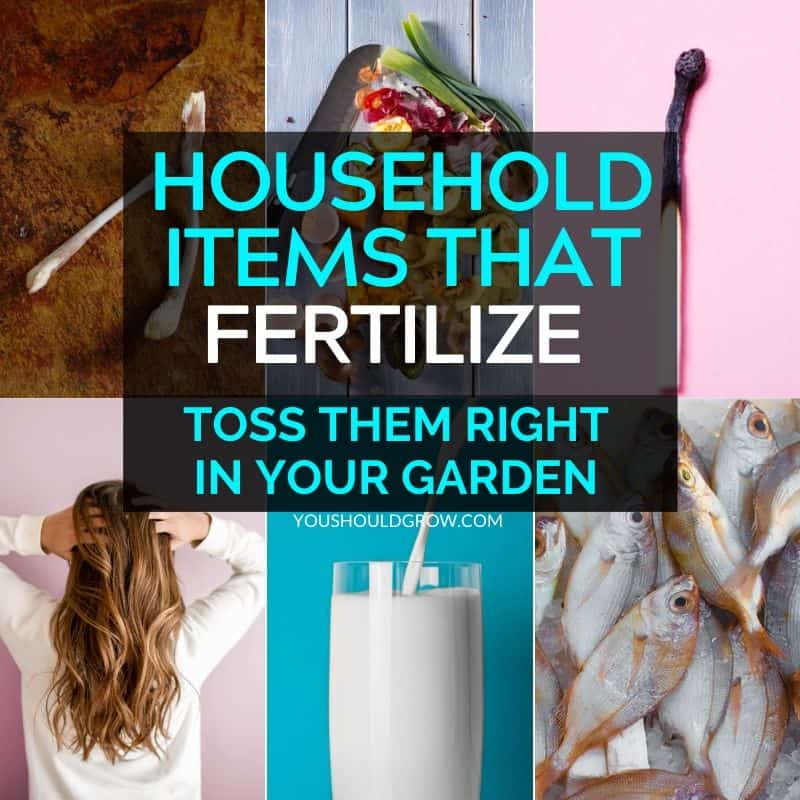
Location is the most important, it’s easy to forget!
That’s so true. 🙂